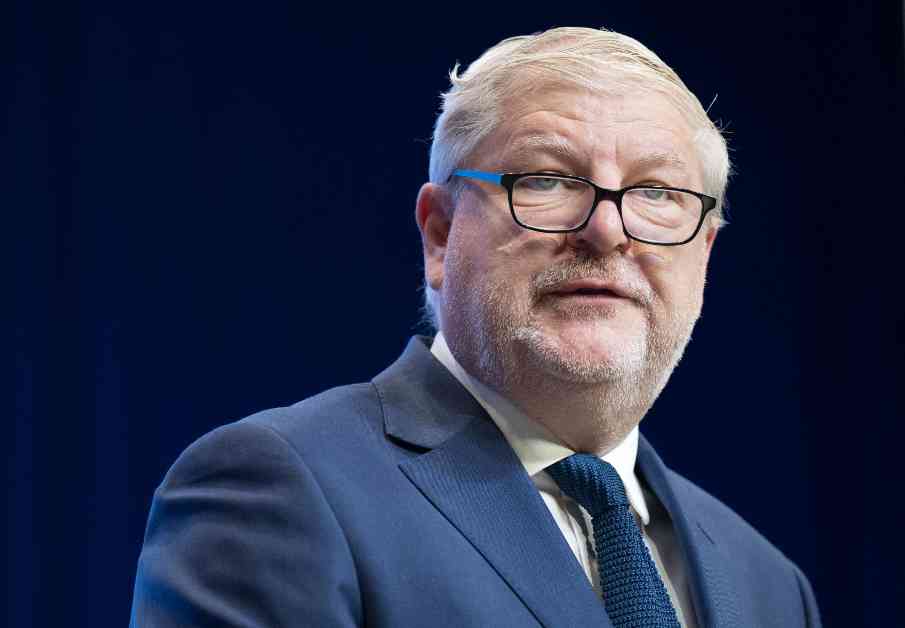The Scottish Government has decided to expand an inquiry into Creative Scotland after more than eight months of waiting. The investigation will now delve into the leadership, performance, and funding schemes of the arts organization, all under the watchful eye of a former chief executive. The main goal is to determine if Creative Scotland’s criteria are fair, balanced, and appropriate, assess the effectiveness of its relationships with other organizations, and evaluate the efficiency, robustness, and transparency of its decision-making processes.
The culture committee at Holyrood had initially called for the inquiry to be broadened back in January. They believed that the complexity of Creative Scotland’s decision-making and lack of transparency needed to be addressed. In response to these concerns, culture secretary Angus Robertson announced a revamp of the inquiry, which was originally intended to focus on the organization’s remit and functions. To gather more insights, eight roundtable discussions will be held across Scotland during the summer, with a separate discussion specifically for children and young people led by Angela Leitch.
Creative Scotland has faced several controversies in recent years, including conflicts with the Scottish Government over budget cuts and delays, controversial funding decisions, and the closure of funding opportunities for artists. The original timeline for the inquiry to produce recommendations by the summer has been extended, with the findings now expected to be released in November. The decision to widen the scope of the review was influenced by a survey of the culture sector, which received responses from over 750 artists and organizations.
Mr. Robertson expressed gratitude to those who participated in the survey, emphasizing the importance of their feedback in shaping the independent review. With a significant increase in funding for culture in the 2025-26 Scottish Budget, including additional support for Creative Scotland, the review aims to maximize the impact of this investment and meet the evolving needs of Scotland’s diverse cultural sector. The review team continues to gather evidence from various organizations interacting with Creative Scotland, encouraging stakeholders to participate in the upcoming roundtable discussions.
Ms. Leitch highlighted the significant contribution of the creative and cultural sectors to individuals, communities, and the economy. She looks forward to engaging with stakeholders across the country to explore how Creative Scotland can address challenges and seize opportunities in supporting the sector. A spokesperson for Creative Scotland welcomed the clarity provided by the review’s remit and the findings from the survey on broader support for culture in Scotland. The organization is actively engaging with the review process and encourages everyone interested in supporting culture in Scotland to share their views.

